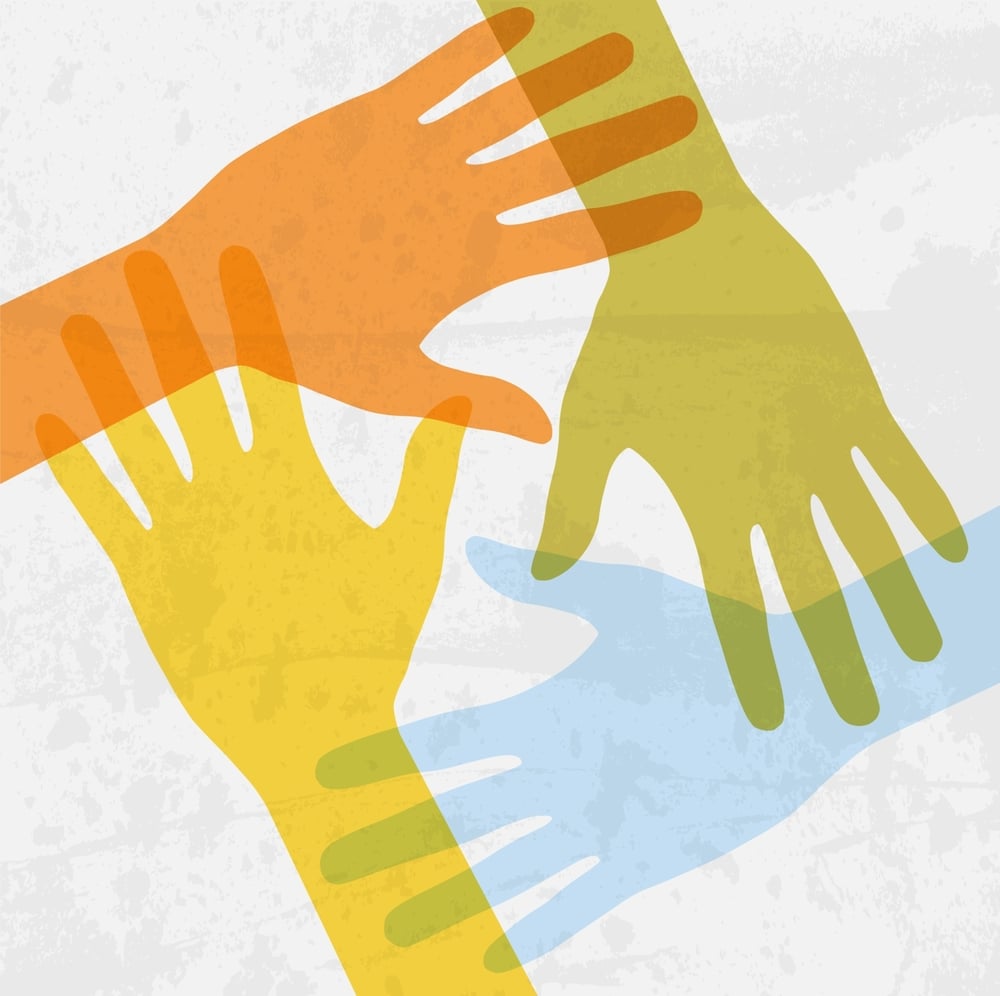Mediband Blog
Medical ID For Peace of Mind
-
Victorian Sleep Scientist advocates wearing medical bands after close brush with death
 Chris Bunney knows the dangers associated with having a potentially fatal health condition. In 2009 he went to the gym at 7.24am. He left at 7.34am. For one hour and forty minutes he wandered around the nearby supermarket in a daze, unaware he was quickly heading towards a hypoglycaemic coma.
When Chris collapsed on the floor on the supermarket, he had a lucky chance meeting with a stranger that recognised his Type 1 diabetic symptoms who called for an ambulance. Chris was so close to death that the paramedics took over an hour to stabilise him. Continue reading →
Chris Bunney knows the dangers associated with having a potentially fatal health condition. In 2009 he went to the gym at 7.24am. He left at 7.34am. For one hour and forty minutes he wandered around the nearby supermarket in a daze, unaware he was quickly heading towards a hypoglycaemic coma.
When Chris collapsed on the floor on the supermarket, he had a lucky chance meeting with a stranger that recognised his Type 1 diabetic symptoms who called for an ambulance. Chris was so close to death that the paramedics took over an hour to stabilise him. Continue reading → -
Why a Mediband makes sense
 Whatever illness your family member is facing, chances are, especially if they're a child, you're worried every time they leave the house. What happens should something happen while they're away from home?
Old-fashioned, chunky alert bracelets were always a struggle to get kids to wear, but mediband and medibandplus products come in bright, fun colours that aren't daggy for kids to wear. And that's the key. If your child (or better half for that matter) is happy to wear a band, half your awareness issue disappears. Medical professionals know what to look out for. They're familiar with the concept (indeed, feedback suggests some First Aid trainers are talking about medibands in their training sessions). Continue reading →
Whatever illness your family member is facing, chances are, especially if they're a child, you're worried every time they leave the house. What happens should something happen while they're away from home?
Old-fashioned, chunky alert bracelets were always a struggle to get kids to wear, but mediband and medibandplus products come in bright, fun colours that aren't daggy for kids to wear. And that's the key. If your child (or better half for that matter) is happy to wear a band, half your awareness issue disappears. Medical professionals know what to look out for. They're familiar with the concept (indeed, feedback suggests some First Aid trainers are talking about medibands in their training sessions). Continue reading → -
Making the most of exercise
 We're all aware of the 'obesity epidemic' that seems to be crushing the country. And presumably we're all ware that a good diet and plenty of exercise is 90% of the answer. But how do you make the most of your chosen exercise?
Some experts recommend swimming as a good low impact exercise, but many find it difficult because of the pectoral and bicep strain. Fitness expert Sara McLarty recommends doing plank push ups to strengthen that area of your body and thus making swimming more enjoyable and getting the real benefit of the solid aerobic workout that it is. Plank push ups are push ups that emphasize keeping the back and legs straight as you push up. Continue reading →
We're all aware of the 'obesity epidemic' that seems to be crushing the country. And presumably we're all ware that a good diet and plenty of exercise is 90% of the answer. But how do you make the most of your chosen exercise?
Some experts recommend swimming as a good low impact exercise, but many find it difficult because of the pectoral and bicep strain. Fitness expert Sara McLarty recommends doing plank push ups to strengthen that area of your body and thus making swimming more enjoyable and getting the real benefit of the solid aerobic workout that it is. Plank push ups are push ups that emphasize keeping the back and legs straight as you push up. Continue reading → -
How do you get noticed?
 One of the many complaints sufferers of serious illnesses have is gaining public awareness of their plight - whether it be for government funding, awareness in the general community, fund raising itself, or just ensuring the community has a degree of understanding. Medibands help protect you and your family - but how do you raise awareness?
Our sister brand is Handband and the idea here is to enable community groups to raise awareness of their activities (among other things) by selling or gifting Handbands with printed messages.
The supporters and family of George Kruger wanted to bring him home from hospital. He was born with a series of congenital birth defects and after many months in hospital the family wanted him home. To raise funds and awareness, community groups, volunteers and larger charities combined resources and enabled the necessary equipment to be placed in the home. Continue reading →
One of the many complaints sufferers of serious illnesses have is gaining public awareness of their plight - whether it be for government funding, awareness in the general community, fund raising itself, or just ensuring the community has a degree of understanding. Medibands help protect you and your family - but how do you raise awareness?
Our sister brand is Handband and the idea here is to enable community groups to raise awareness of their activities (among other things) by selling or gifting Handbands with printed messages.
The supporters and family of George Kruger wanted to bring him home from hospital. He was born with a series of congenital birth defects and after many months in hospital the family wanted him home. To raise funds and awareness, community groups, volunteers and larger charities combined resources and enabled the necessary equipment to be placed in the home. Continue reading → -
Here comes Easter!
 And for those with illness in the family it's a time to be vigilant. Whether it's dietary considerations in new surroundings or the simple logistics of planning medications and treatment while you're away, every parent of a chronically ill child knows the difficulties to come. If you're travelling internationally there are further issues to contend with. This is a very helpful article for those intending to travel overseas. The synopsis suggests using a travel agent to enable easier seat allocation (near the bathroom, or with more room), carrying essential medication in your carry on, using the airline medical assistance departments to advise you and your family doctor on specific travel-related concerns. It also has specific information and links Continue reading →
And for those with illness in the family it's a time to be vigilant. Whether it's dietary considerations in new surroundings or the simple logistics of planning medications and treatment while you're away, every parent of a chronically ill child knows the difficulties to come. If you're travelling internationally there are further issues to contend with. This is a very helpful article for those intending to travel overseas. The synopsis suggests using a travel agent to enable easier seat allocation (near the bathroom, or with more room), carrying essential medication in your carry on, using the airline medical assistance departments to advise you and your family doctor on specific travel-related concerns. It also has specific information and links Continue reading →
